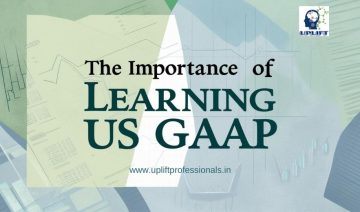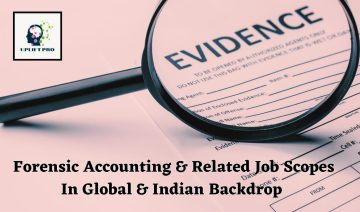Why is Passing an International Exam a Mental Game?
Passing an international exam—such as the US CMA (Certified Management Accountant), CPA (Certified Public Accountant), CIA (Certified Internal Auditor), EA (Enrolled Agent), FMAA (Financial and Managerial Accounting Associate), or CSCA (Certified in Strategy and Competitive Analysis)—is far more than a test of technical knowledge. It’s a mental marathon, a psychological challenge that demands resilience, focus, […]




